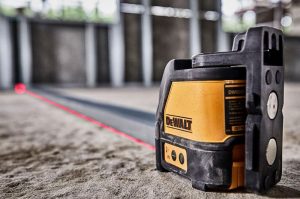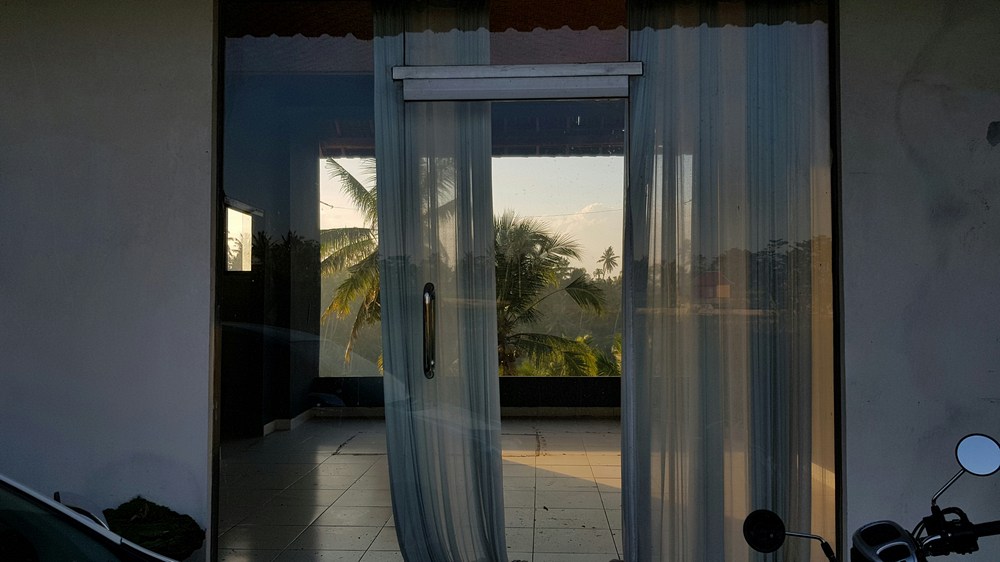Last Updated on May 1, 2024 by teamobn
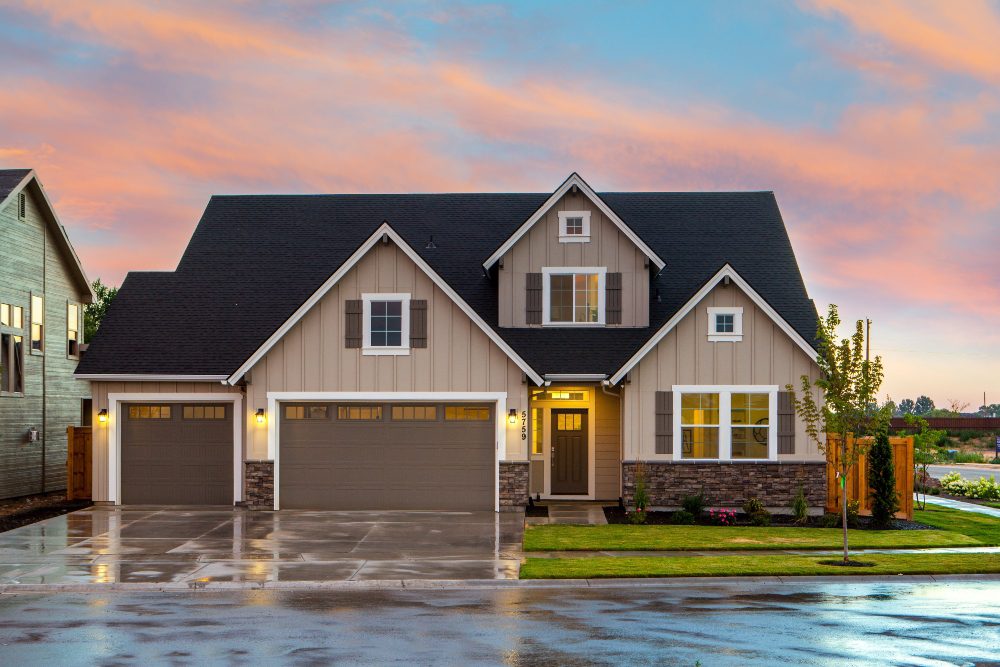
If you are planning on a home renovation, chances are your home insurance policy may require an upgrade as well. In addition to material costs, hiring subcontractors and dealing with lenders, insurance is a key consideration.
Contents
Protecting Your Project: The Importance of Insurance for DIY Renovators
As a homeowner, your property is your biggest asset, so it makes sense to get the right coverage to protect against any potential damage or loss. This is intended as a general guide to insurance for builder-owners who are considering a renovation; any further guidance is best discussed with your insurance provider.
A standard home insurance policy can cover your home and personal property against damages or theft, but if you make changes to your home that might increase the potential cost of rebuilding or replacing belongings, it may not provide the coverage you need.
Before You Start
This may include policies specific to the work being carried out, for example, an “under construction” or builder’s risk policy. If your existing insurance company cannot offer the additional coverage you need, it’s important to find someone who can.
When shopping around for the right policy, speak with a few different companies beforehand to ensure you get the best deal. Throughout the renovation, be sure to keep records of any receipts or contracts in addition to before, during and after pictures to document progress.
Additional Policies
While no one insurance policy can cover everything, it is important to assess the potential risks before going ahead with your project. While it’s not always possible to know everything ahead of time, coverage limits can be adjusted throughout the renovation depending on your needs.
- Buildings insurance: This type of policy includes liability cover against injuries on your property, except injury resulting from renovation work (which requires contractors to have their own public liability insurance).
- Builder’s risk and owner-builder insurance contracts: These cover physical materials and the people involved in the project itself against theft or damages. A “broad form” endorsement can provide coverage for these events whether on-site or in transit.
- General liability insurance: This includes bodily and personal injury insurance in addition to coverage against property damage.
- Medical payments coverage: This can help to pay for treating minor injuries to persons on your property.
- Umbrella insurance: This can help where expenses such as medical bills exceed your base liability limits, offering an additional level of coverage.
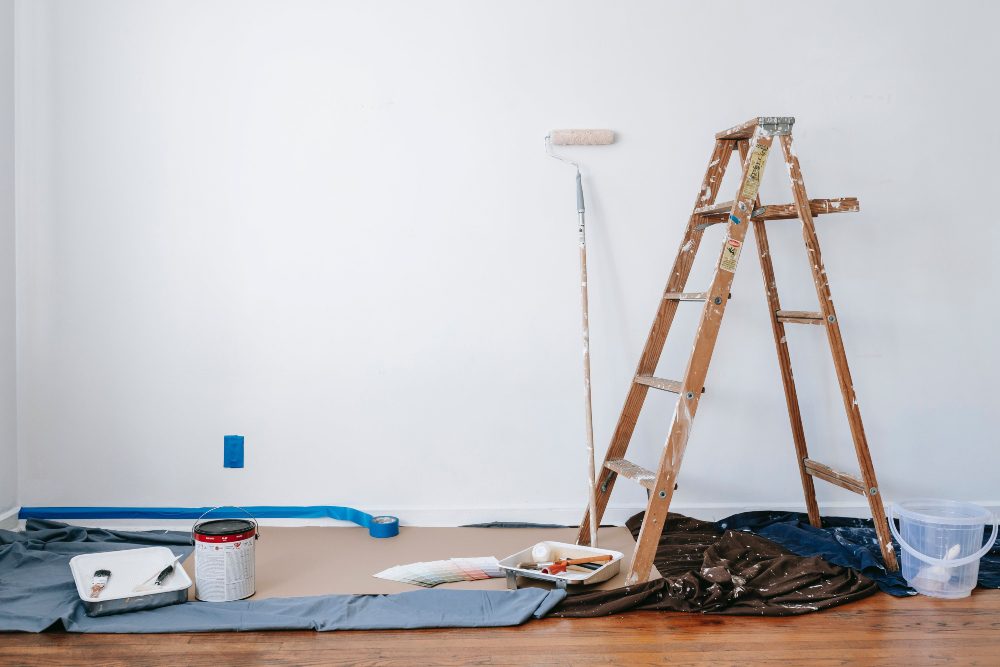
Vacant Home policies
It may be that you have to live elsewhere for the duration of the project. Vacant properties can present a problem when it comes to insurance, as standard policies frequently don’t cover properties that have been vacated for sixty days or more. To avoid this, speak with your insurer to assess whether you require vacant home insurance.
In addition, to cover against weather damage, injury and vandalism, some vacant home policies may also be adapted to offer coverage for external structures (such as fences) or home maintenance equipment. While out of the property, take steps to ensure it is secure and safe, especially overnight.
External Contractors
If you are hiring external contractors to work on your project (except subcontractors), it may be worth considering getting workman’s compensation insurance. This form of policy covers lost wages, rehabilitation expenses and death due to injury or illness while working. Depending on where you live, it may not be necessary to get this form of policy. Check with the state laws beforehand; the best way to do this is via the US Department of Labor.
Hiring Contractors
If you hire any external help for your project, you will need to ensure that their insurance can cover both themselves and you in case of theft, loss or damages (this includes any subcontractors involved).
The best way to check this is to discuss this ahead of time with your contractor before reviewing it with your insurance company. Keep in mind that while your home insurance may pay towards damage due to poor workmanship, it cannot cover against it. In the event your contractor refuses to fix the issue, you would need to proceed with a lawsuit.
Calculating Costs
In the event of theft, loss or damages, the policy you choose should be able to cover the value of the project once completed. As a rule, this can be compared to the budget initially set out to complete the renovation, but there is a more definitive way of doing this.
A cost plan conducted by an independent quantity surveyor will give you a clearer overview of the budget required for your project (and the level of cover you might need). It’s also advisable to allow for some leeway by requesting a “declaration basis” of insurance so that you can pay the difference between the estimate and the eventual cost of the project.
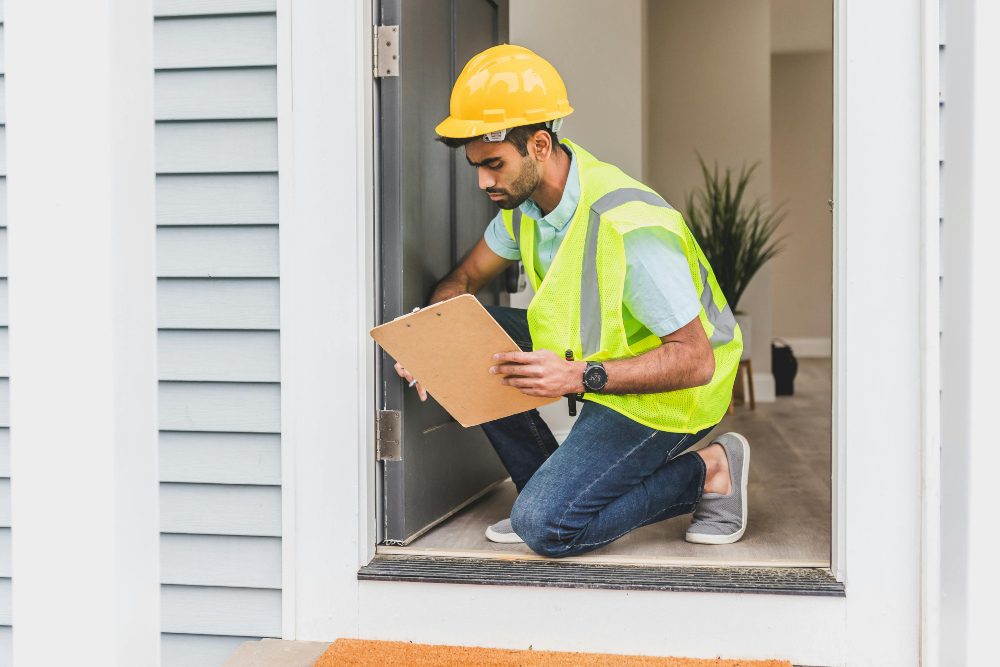
Building Permits
Significant changes to the structure of your home may require a permit (you can request this at the relevant municipal office). Failing to get the right building or fire permits for renovation may negatively impact a home sale or halt the progress of your renovation.
In some cases, this may even result in your project being stopped partway through by an inspector. This may even involve a renovation being demolished and rebuilt to meet the correct codes, which can incur further costs for materials and labour.
During the Project: Keeping Your Agent Informed
In case of changes to your policy, it’s also important to keep your insurer informed of any changes to your renovation that might require an adjustment to your coverage limits such as additional materials or items such as appliances.
Some policies may require you to inform your insurer of any changes ahead of time; in some instances, around a month before work commences. If there is a claim during the renovation some may even charge a 5% construction deductible fee. In any event, it’s important to remain transparent with them throughout the process, as not doing so could invalidate your home policy.
On Completion
It’s important to contact your insurer once the project is complete so that they can create a new estimate based on the new value of your home. At this stage, you will also need to switch the builders’ risk policy back to homeowner insurance (or landlord insurance, if you rent the property out).
If your renovation included an upgrade to your roofing, plumbing, wiring or heating in a property that was over 20 to 25 years old, it may be possible to get a discount on your insurance, as long as they are up to code and completed by a qualified and licensed contractor.

